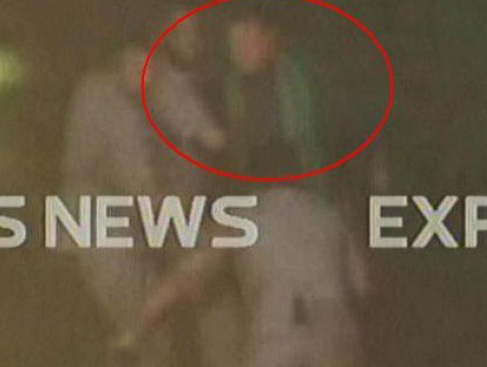
Lahore, May 7: Pakistan cricket star turned politician Imran Khan sustained head injuries and was rushed to hospital on Tuesday after falling off a lift taking him onto the stage for an election rally, his party said.
Khan was carried by aides gripping onto his arms and legs as police cleared a way through the crowd at the event in Pakistan's second largest city of Lahore, footage broadcast by private Dunya television showed.
"Imran Khan fell from a lifter. He has received injuries to his head and he has been taken to hospital," Malik Ishtiaq, a local spokesman for Khan's Pakistan Tehreek-e-Insaf (PTI) told AFP in tears.
Another party spokesman said Khan's injuries were minor.
"Imran Khan is alright. He has been taken to the hospital for first aid. He will be back to address the rally very soon after getting initial treatment," Chaudhry Rizwan told AFP by telephone.
Campaigning has reached the final stretches ahead of Pakistan's general election on Saturday when the country's electorate of 86 million will go to the polls to elect a new national assembly and four regional assemblies.
Khan, who won only one seat in 2002 and boycotted polls in 2008, has led an electric campaign, galvanising the middle class and young people in what he has called a "tsunami" of support that will propel him into office.
Main opposition leader Nawaz Sharif is widely tipped to win the election and secure a historic third term for his Pakistan Muslim League-N (PML-N).






Comments
Add new comment